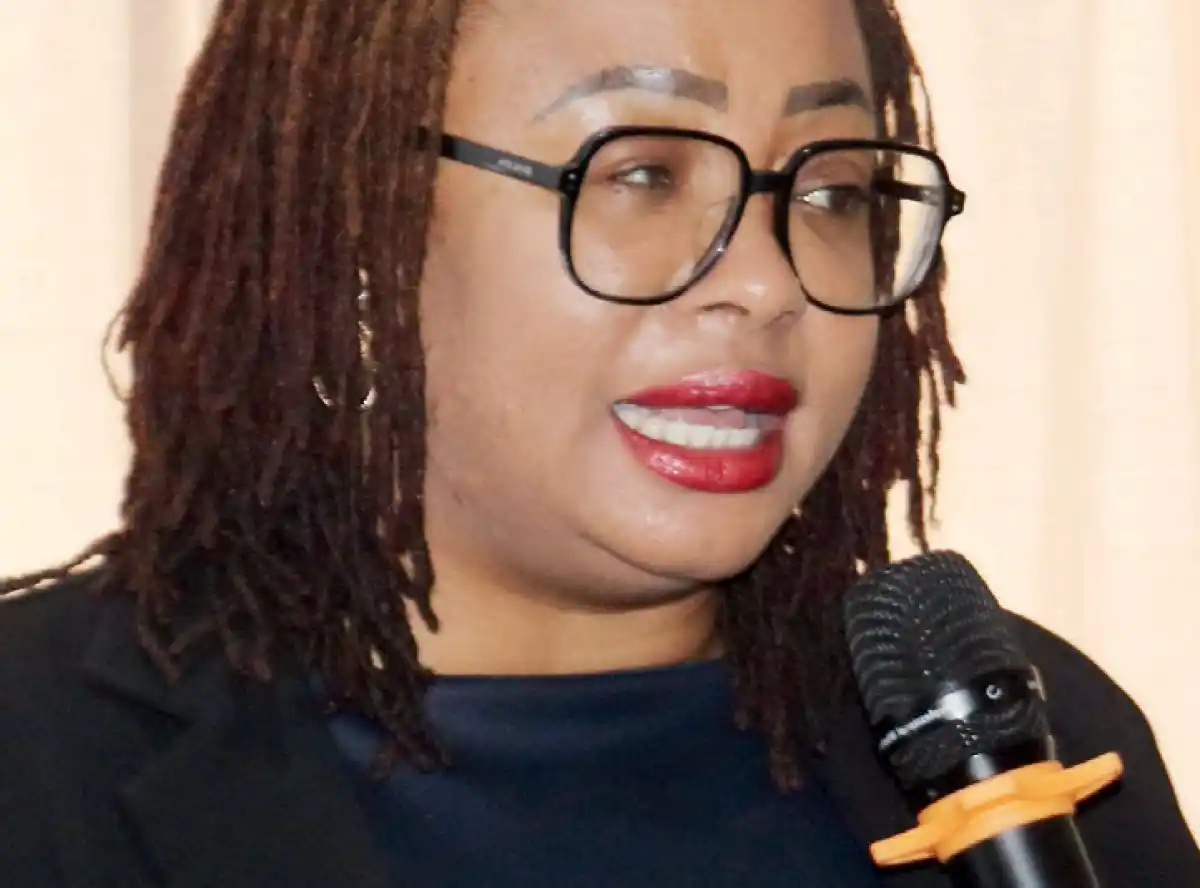
By Wezzie Gausi:
The recent suspension of United States Agency for International Development (USaid) operations worldwide has sent shockwaves through Malawi’s civil society, with organisations warning of devastating consequences for democracy, human rights and social programmes.

The funding freeze has left many groups struggling to survive, threatening their ability to hold the government accountable and provide essential services to vulnerable communities.
According to Centre for Human Rights and Rehabilitation Executive Director, Michael Kaiyatsa, many civil society organisations in Malawi are facing existential threats.
“Many are experiencing significant budget shortfalls that could lead to staff layoffs, the suspension of outreach initiatives and a diminished capacity to monitor human rights abuses and governance failures,” he said.
Malawi Human Rights Commission Executive Secretary Habiba Osman echoed similar concerns, saying that the freeze has not only affected the human rights sector but also the broader humanitarian field.
“These freezes are more than just budget line adjustments; they are lifelines lost, programmes stalled and critical support withheld from vulnerable communities,” Osman said.
Several organisations have already been forced to close their doors, leaving employees jobless and citizens without vital services.
Those working on USaid-funded projects are among the hardest hit, with livelihoods hanging in the balance.
The impact of the suspension extends beyond organisations to young people who rely on USaid-funded initiatives.

Youth and Society Executive Director Charles Kajoloweka warned that the freeze will disproportionately affect the youth, particularly in health and human rights programmes.
“Most youth programmes on health and human rights were funded by USaid. This will really shrink the civic space for the players in the human rights sector. We need to see how other organisations can help the situation,” Kajoloweka said.
Elections are another area of concern. Reports indicate that Malawi faces a K30 billion deficit for voter education, potentially undermining efforts to ensure free and fair elections.
Without USaid’s support, civil society groups worry that election transparency and citizen participation could be compromised.
Health programmes have also been affected, with disruptions in HIV and Aids treatment and other critical services.
These setbacks threaten to undo years of progress in public health, particularly for marginalised communities who rely on foreign aid for medical assistance.
“No single donor can match the scale and scope of support previously provided by USaid,” Kaiyatsa admitted.
Osman believes that a national task force may be needed to address the funding gap, urging the government to take a leadership role.
“All sectors need a sober reflection on what mitigating steps to take. The government must lead this conversation because most funds pass through it,” she said.






0 Comments